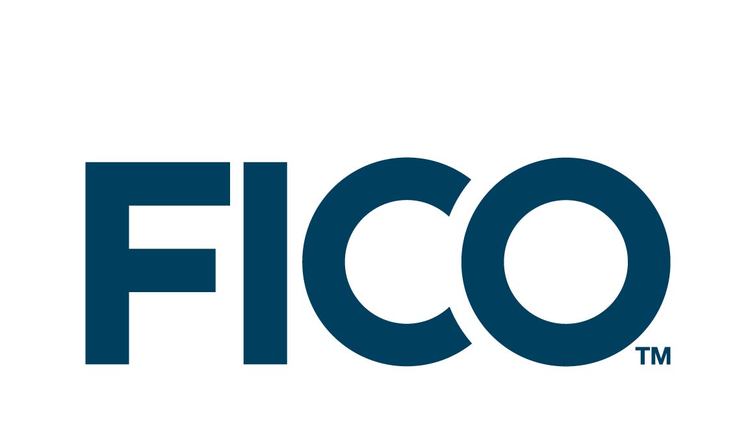
Do you know what your FICO™ score is? If not, you definitely should because it can have a major impact on the amount you pay for your auto or homeowners insurance.
So what exactly is a FICO score? The name FICO comes from the company’s original name, the Fair Isaac Co. It was often shortened to FICO and finally became the company’s official name several years ago. To create credit scores, they use information provided by one of the three major credit reporting agencies — Equifax, Experian or TransUnion which results in a FICO three-digit number ranging from 300 to 850 (and up to 900 for some industry-specific scores).
FICO scores are widely used by many types of creditors, including lenders, credit card issuers and insurance providers. If your scores are high, then you’re likely to get approved with competitive rates and terms. If your scores are low, then you could be denied or approved with less-advantageous terms. Or, in the case of insurance companies, lower scores could lead to higher premiums.
Like lenders, insurers want to know how much of a risk they’re taking with you. If your credit score tells them that you’re bad with your finances, it can send the message that you’re irresponsible in other areas of life, making you a higher insurance liability.
But not all of the information in your credit report is useful to an insurance provider. Since they want to predict the possibility of you being involved in a situation that could trigger a claim, certain aspects of your credit report are isolated and then calculated into a special credit-based insurance score, an amalgamation of your credit score and insurance history.
Ultimately, though, your insurance score ties back to several elements of your FICO score including your long-standing credit history, whether you have a healthy mix of credit in good standing, no late payments and a low credit utilization.
To help you out, here's a link to an article that provides eight different sources of obtaining your credit score: https://www.creditkarma.com/advice/i/8-places-get-fico-score-free/
We recommend you find out what your current FICO score is. A FICO Score of 670 or above is considered a good credit score, while a score of 800 or above is considered exceptional. If you're below the 670 mark, here are a few tips for improving your score.
1. Review your credit report
Request a free copy of your credit report once a year from all 3 major credit reporting agencies (Experian, TransUnion, and Equifax), and check it for errors. If you find a problem, contact the issuer first. If that doesn’t yield results, file a dispute online with each reporting agency.
2. Pay your bills on time
Paying your bills on time accounts for 35 percent of your credit score. If you’ve paid bills late in the past, you can slowly build your credit back up by making sure it doesn’t happen again. Set up automatic bill payments, or create a payment calendar to pay credit cards, utilities, and all other bills on or before their due dates.
3. Keep all credit lines open
Keep unused credit lines open to improve your credit utilization percentage (the sum of the outstanding balances on all your credit cards divided by the sum of each card’s limit). In other words, the more credit you have available relative to your level of debt, the better. Just make sure any purchases you make on seldom used cards are paid off immediately. This will keep your credit utilization percentage down and your credit score up.
4. Reduce hard credit pulls
A soft credit pull, or check, has no effect on your credit score. For example, an employee background check would be considered a soft credit pull. However, hard credit checks — which occur when you apply for a credit card or sign up for new utility services — do impact your score. One or 2 such credit checks won’t ding your score too badly, but a great many in a short period of time most definitely will.
5. Pay down debt
Another way to improve your score is to pay off your debts. Start by paying off your high interest debts. Then work to free up income by reducing your expenses. Whether that's clipping coupons, dining in more often, or reducing your cell phone or television services, you can use the money you save to increase your monthly debt payments.
